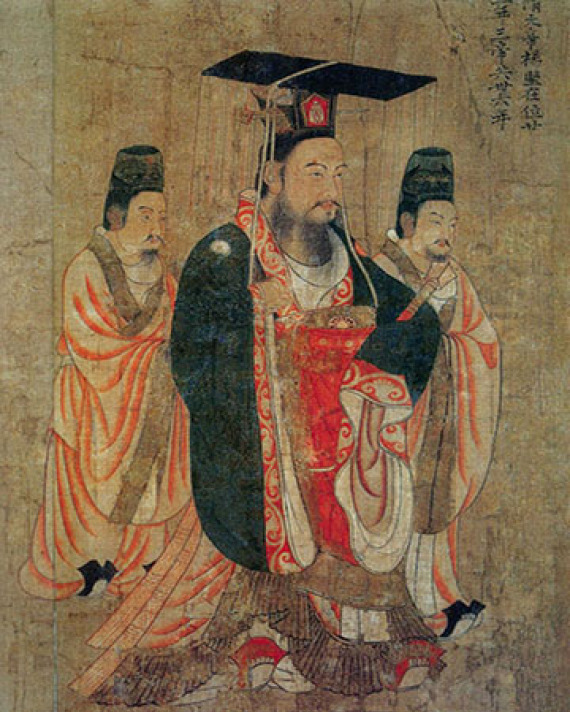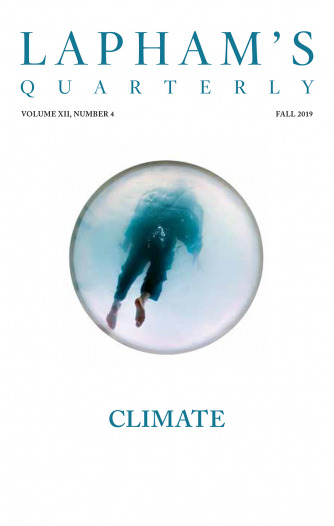
Emperor Wen
(203 BC - 157 BC)
The son of the founder of the Han dynasty, Emperor Wen reigned for twenty-three years, longer than his four predecessors. It was a period of relative stability in ancient China. He abolished bodily mutilation and facial tattooing as punishments, replacing them with flogging and hard labor. Grain shortages, caused by the widespread abandonment of farming in favor of more remunerative pursuits such as trade and manufacturing, led Wen to devise ways to raise the prestige of agriculture. In addition to granting court titles and commuting penalties in exchange for gifts of grain, thereby enhancing its value as a commodity, Wen also revived the tradition of the emperor plowing the first furrow of spring. After a solar eclipse in 178 bc, Wen, wondering if his policies were to blame, asked for recommendations of worthy people who might tell him what he was doing wrong.
